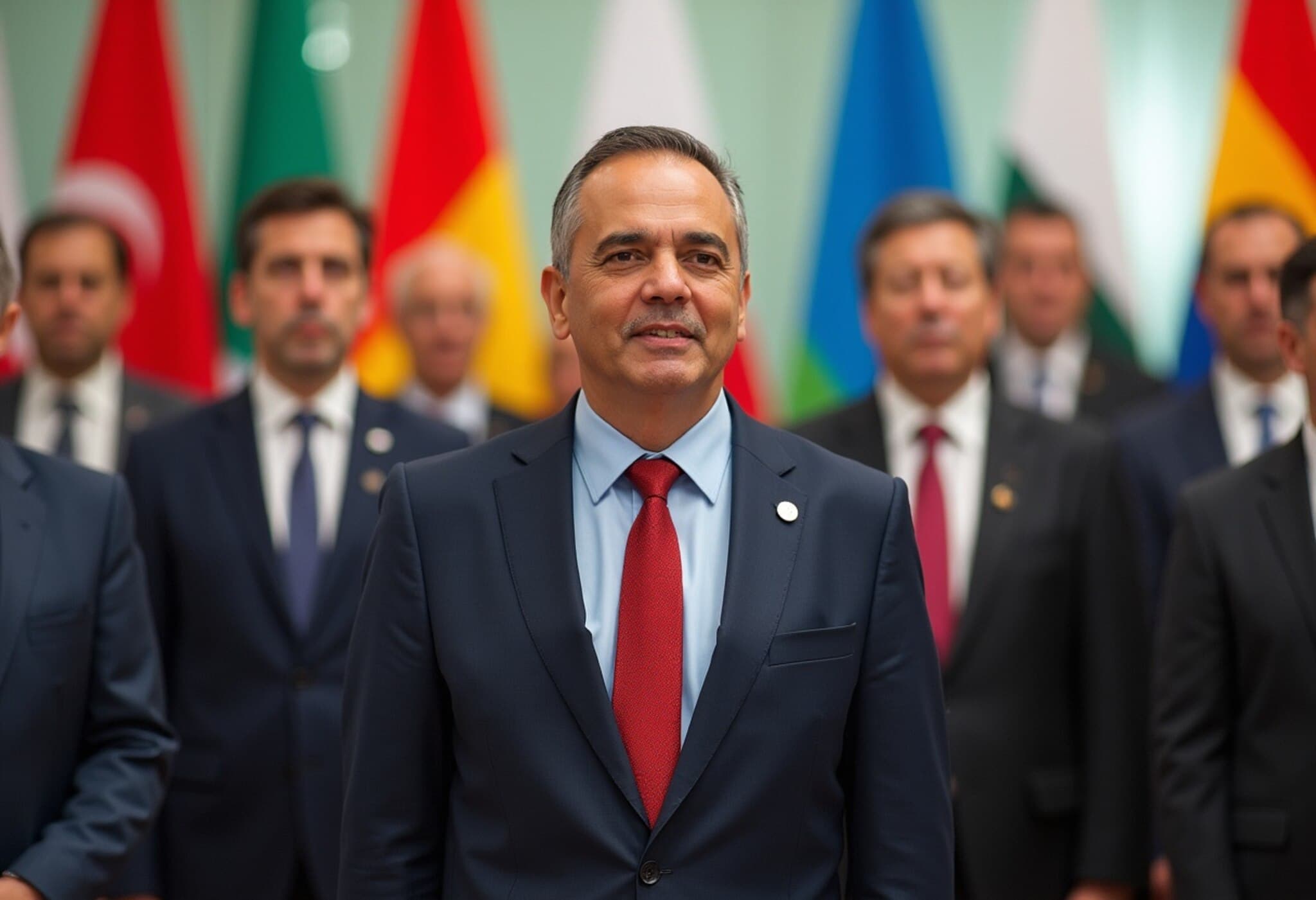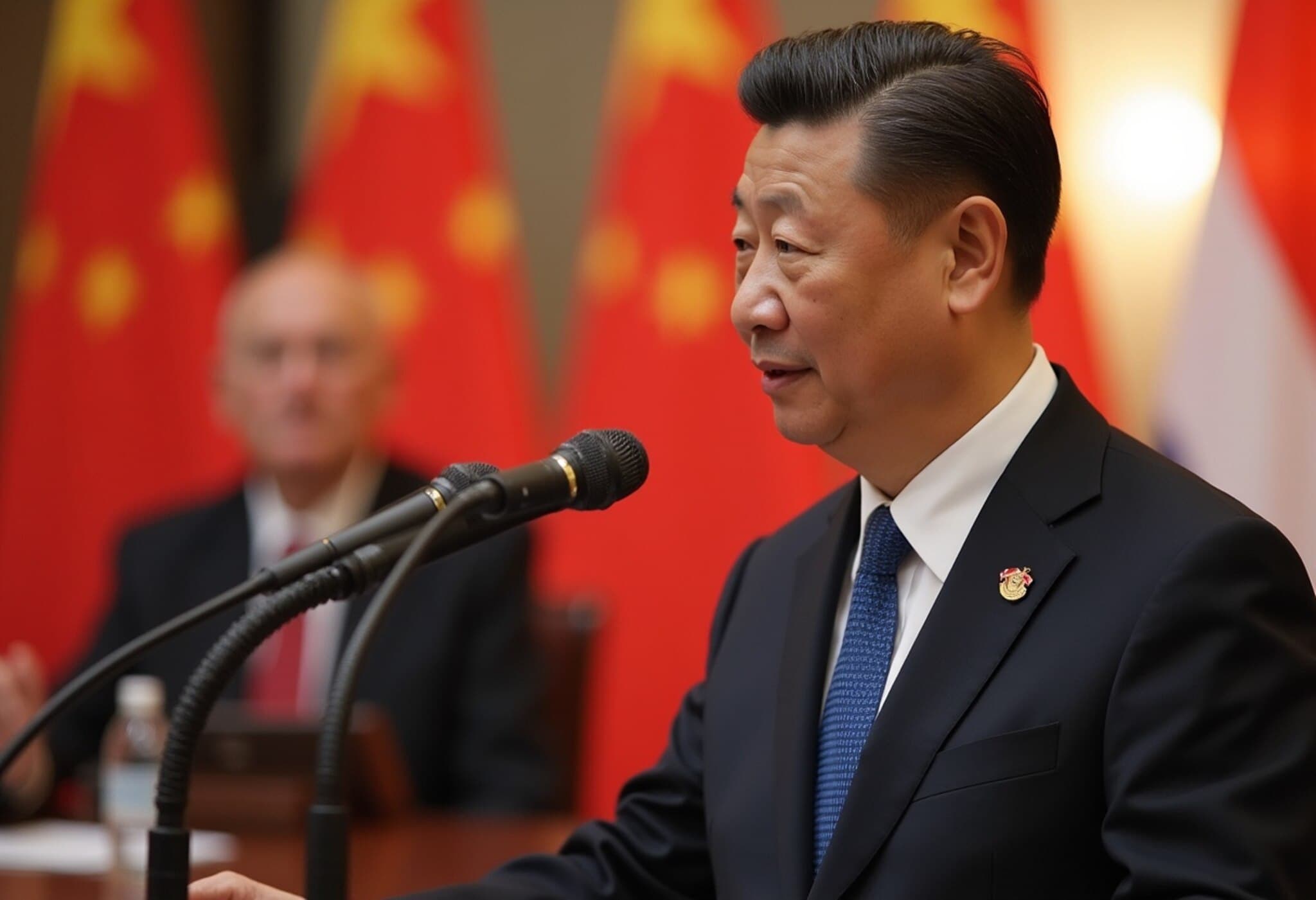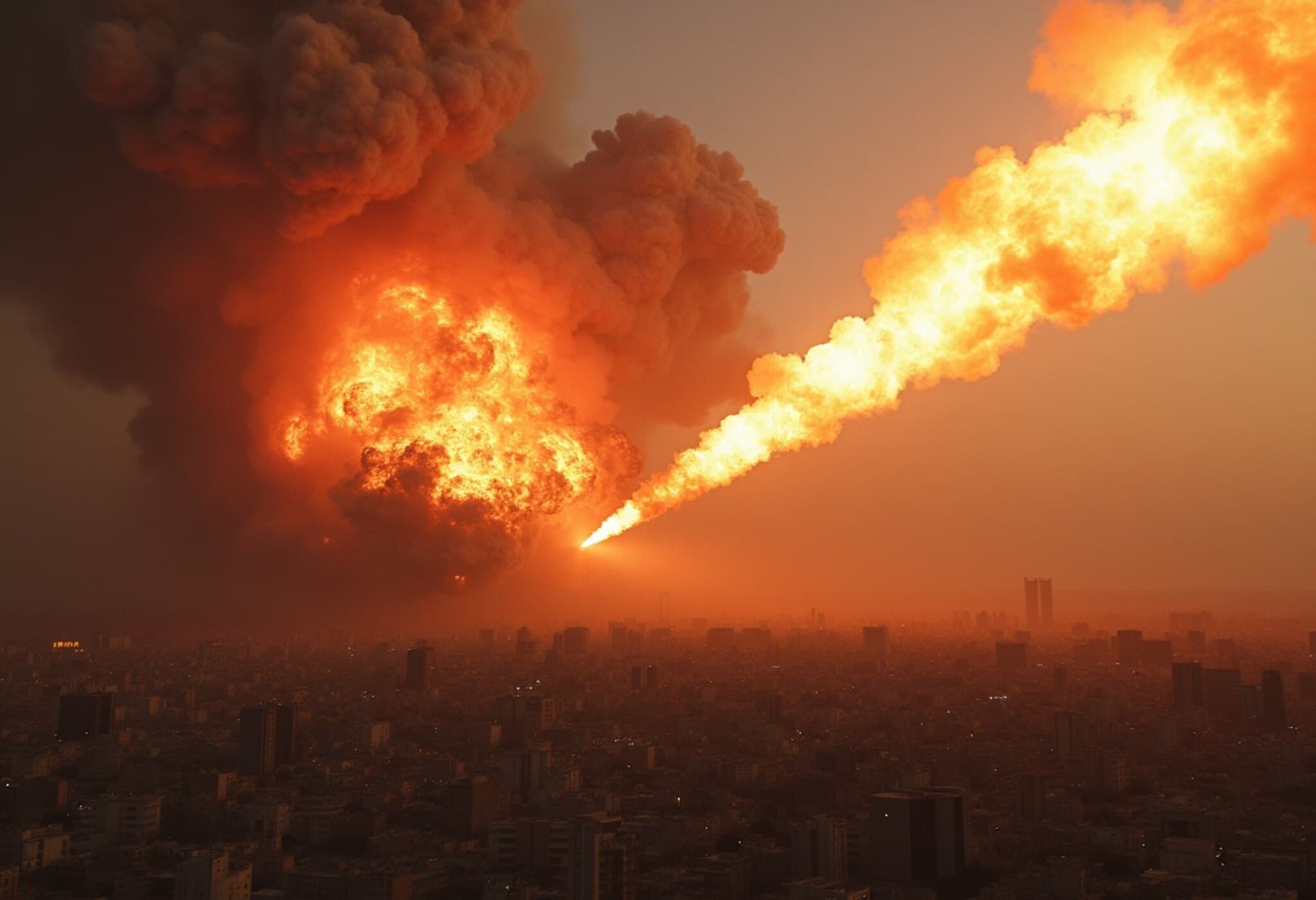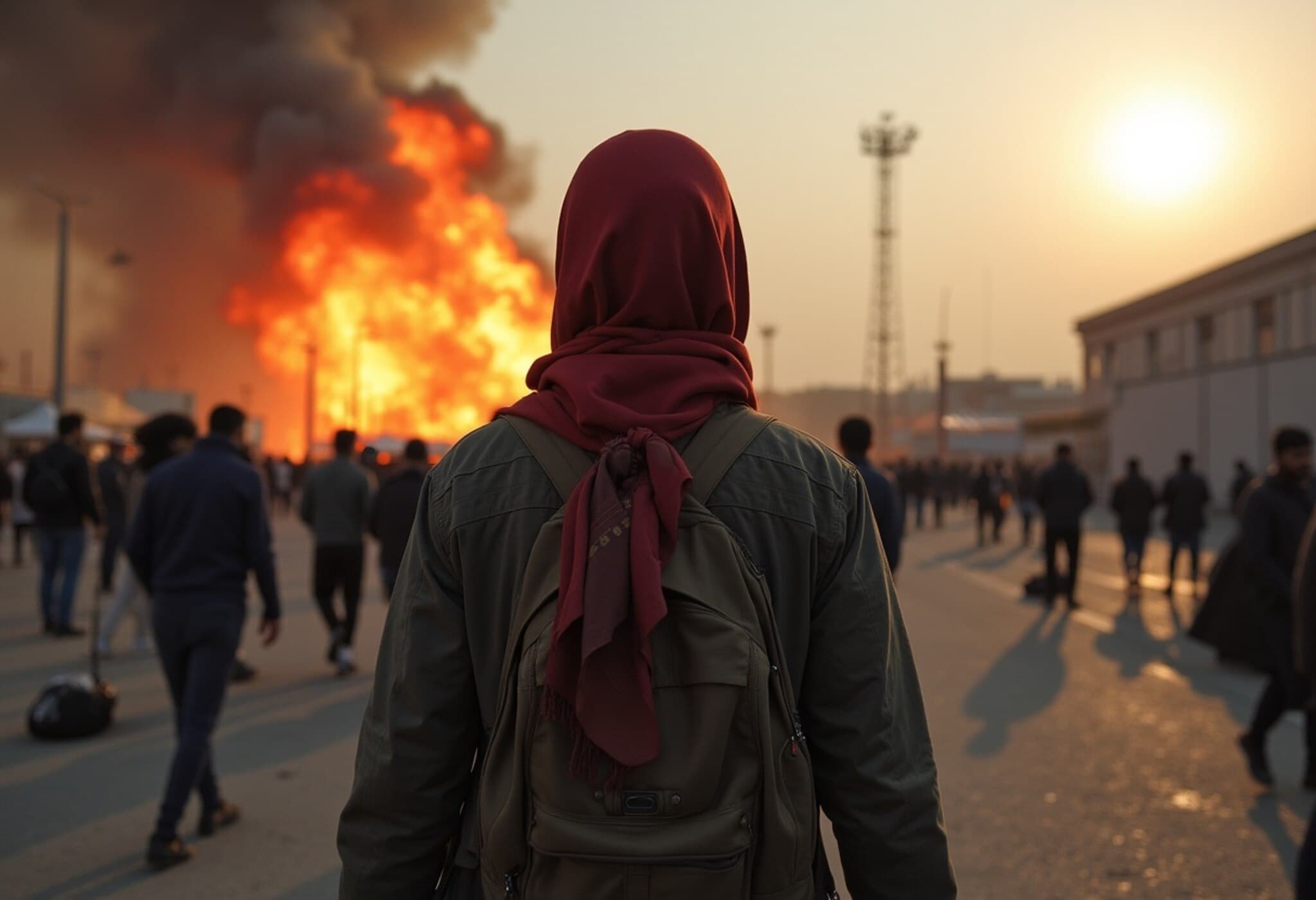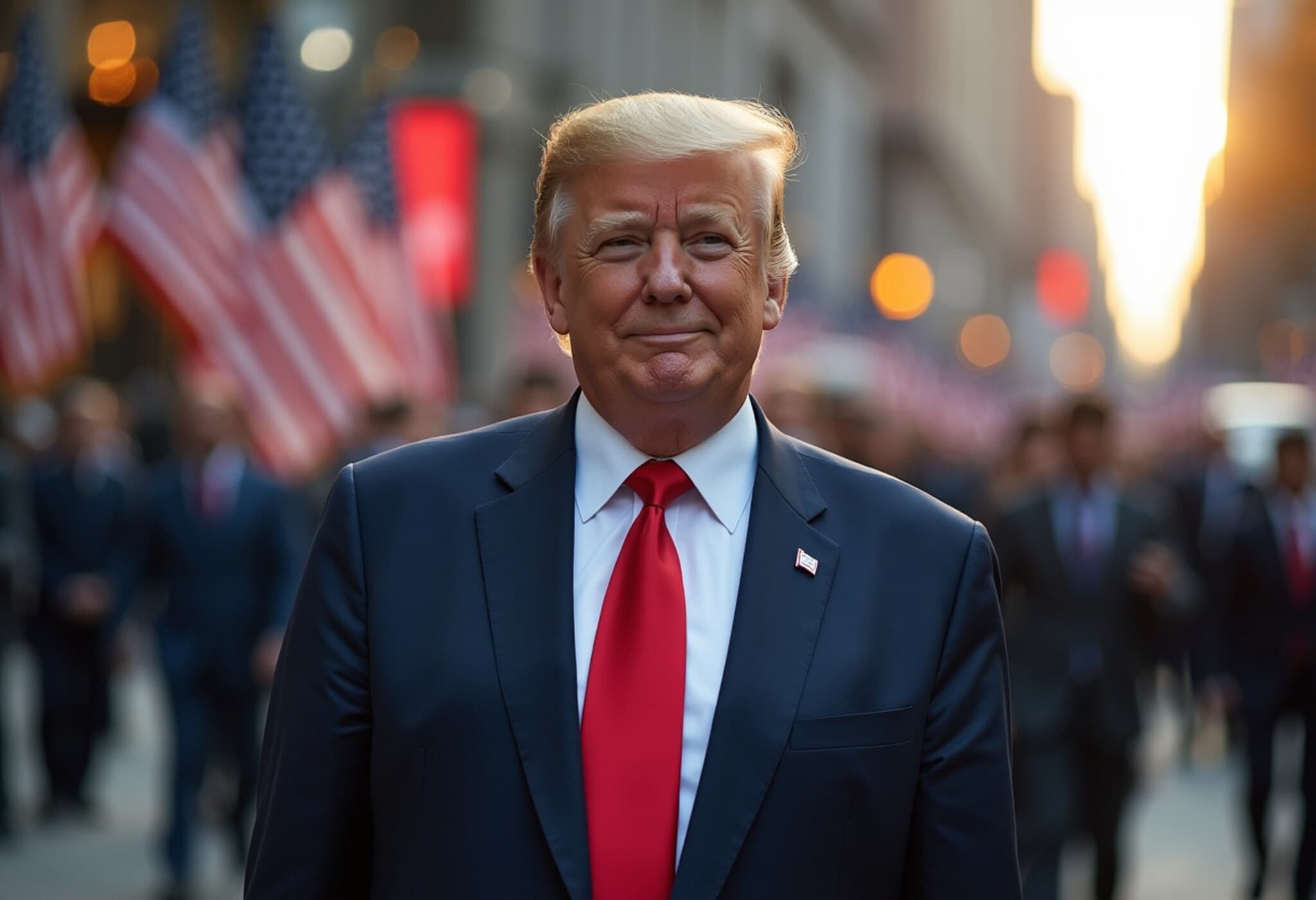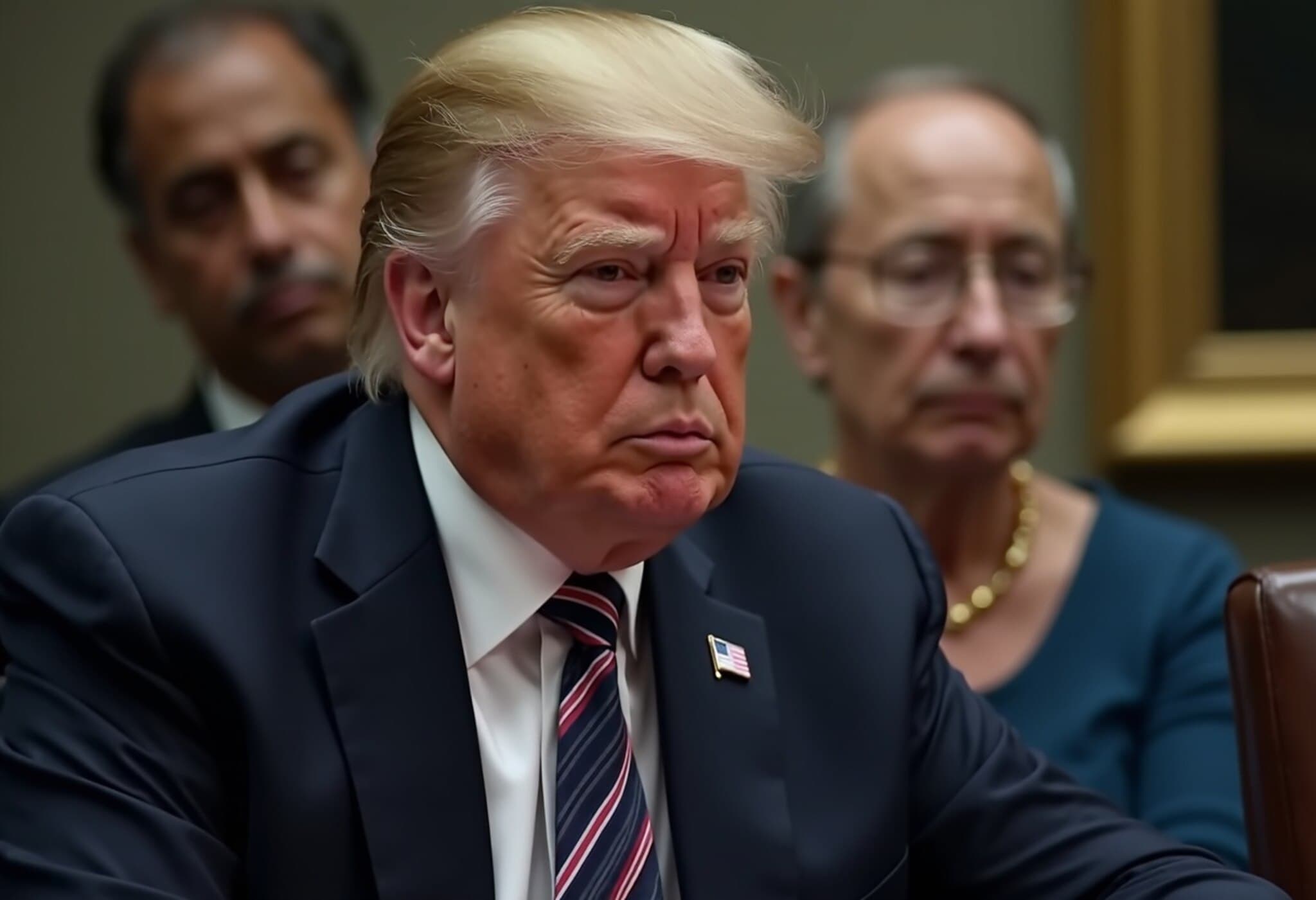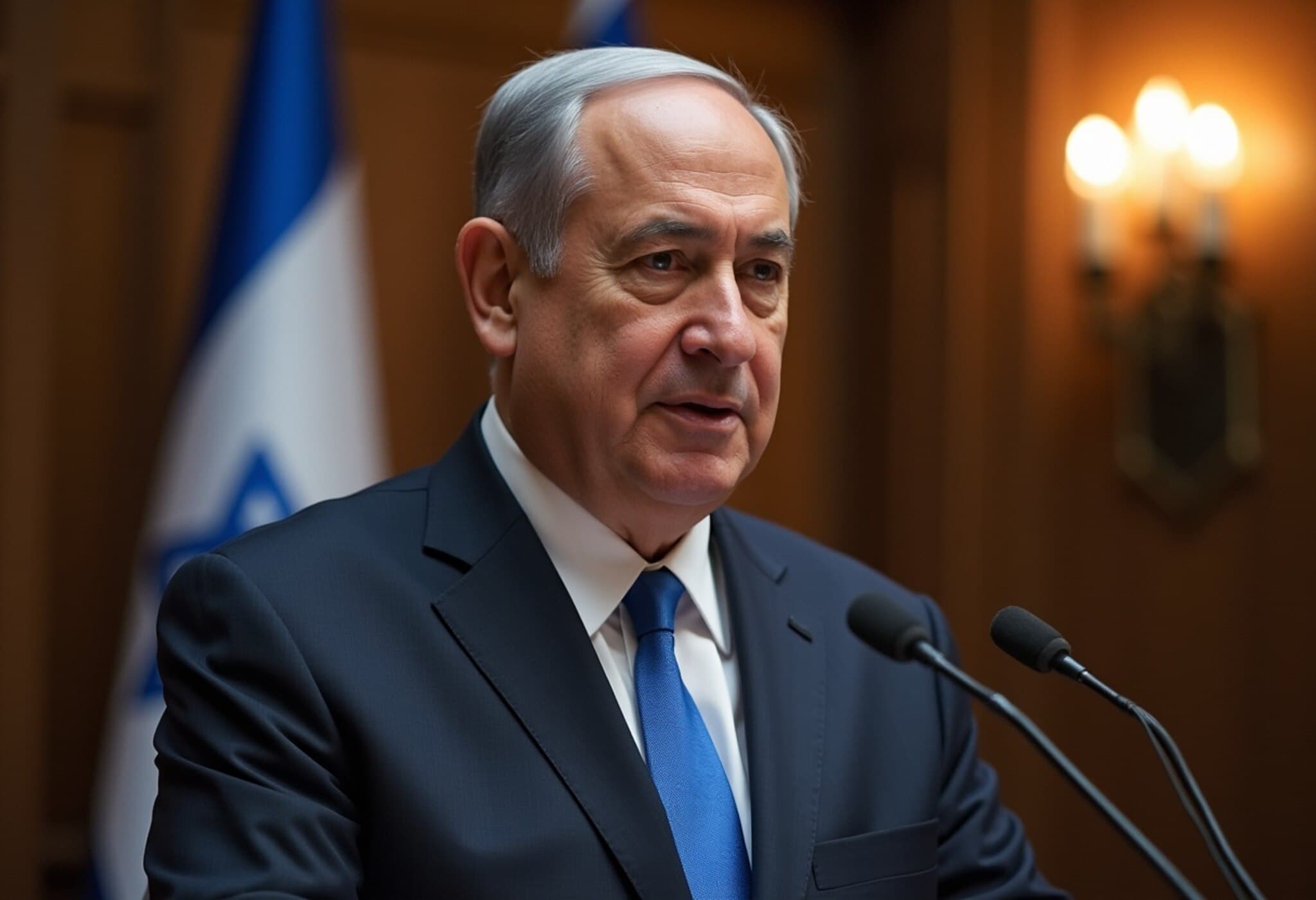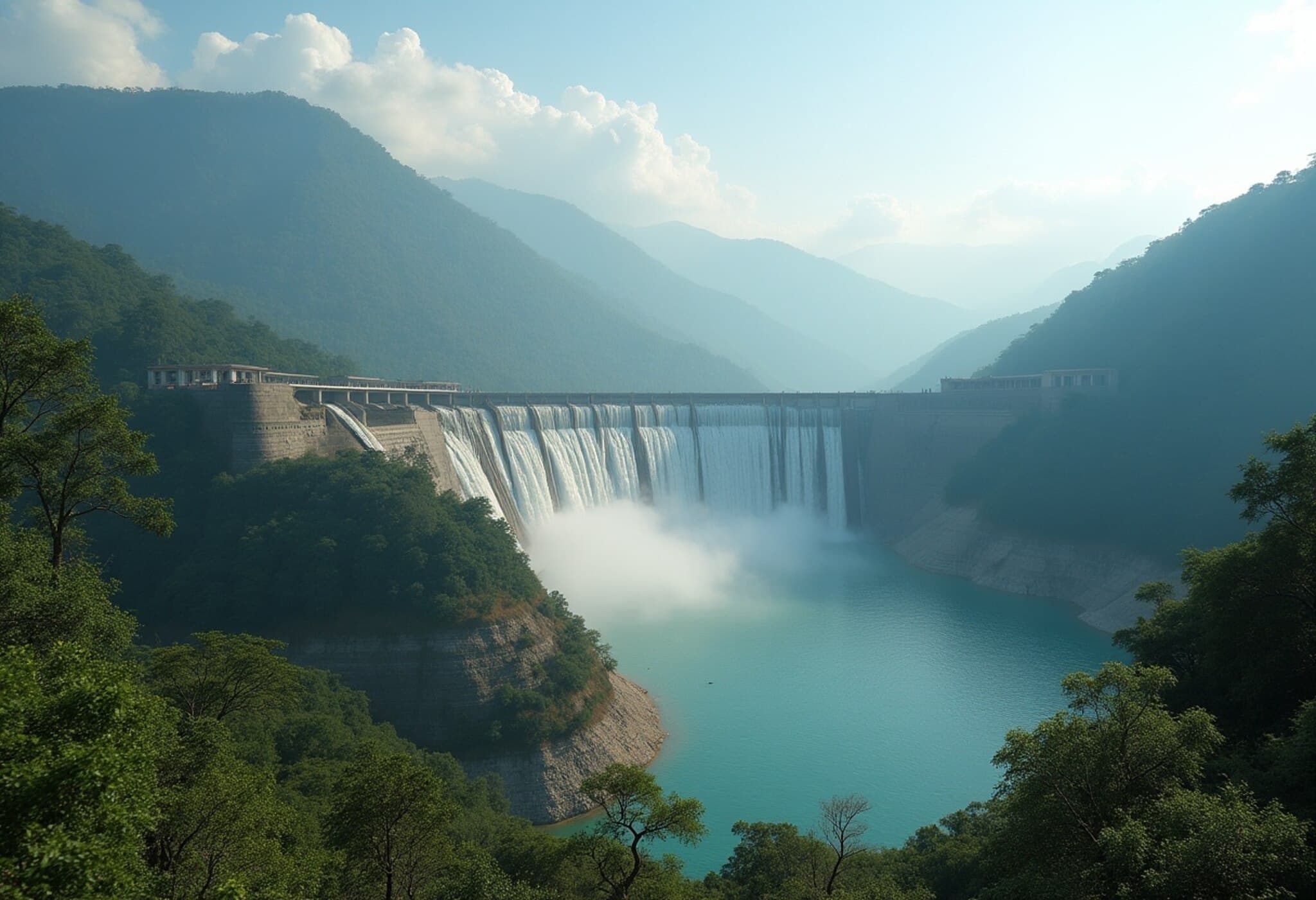US Announces Second Withdrawal from UNESCO Amid Renewed Isolationist Policy
In a move that echoes previous waves of American skepticism towards global institutions, the United States has declared it will once again exit the United Nations Educational, Scientific and Cultural Organization (UNESCO). This development comes as President Donald Trump resumes his assertive foreign policy approach, broadly skeptical of multilateral organizations.
Background: A History of US Alternating Participation in UNESCO
UNESCO, established in 1945 post-World War II to foster peace through collaboration across education, science, and culture, has been notable for its role in designating iconic sites such as the Grand Canyon in the US and Syria’s ancient city of Palmyra as World Heritage Sites. The US was a founding member but first withdrew in 1984, citing concerns over financial mismanagement and a perceived anti-American bias.
Nearly two decades later, under President George W. Bush in 2003, the US rejoined UNESCO after reforms were promised within the agency. Under former President Barack Obama, the US remained committed to UNESCO, only for the Trump administration during 2017-2021 to pull out once more amid a broad retreat from global commitments, including the World Health Organization and the Paris Climate Agreement.
The 2025 Withdrawal: What It Means for UNESCO and US Foreign Policy
The current administration’s decision to pull back from UNESCO is emblematic of a wider push to reprioritize foreign aid and multilateral engagement in line with an "America First" doctrine. Alongside UNESCO, the administration has paused US foreign assistance for a 90-day review period, signaling careful recalibration of global involvement.
Financial Impact: The US currently contributes approximately 8% of UNESCO's budget, a significantly reduced share compared to the nearly 20% at the time of the first withdrawal in the 1980s. While UNESCO officials have underscored reduced dependency on US funds, they acknowledged the exit will still disrupt some programs reliant on American financing.
Expert Insights: Navigating the Cultural and Diplomatic Ripples
Experts warn that repeated US retractions risk undermining the country's soft power and diminished ability to shape global cultural and educational agendas. Dr. Linda Kern, a professor of International Relations, notes, "UNESCO serves as a critical platform for cultural diplomacy and international scientific collaboration. US absence could create vacuums others may fill, potentially altering the global balance of cultural influence."
Moreover, this step provokes broader questions about the US commitment to international norms and partnerships vital for addressing transnational challenges like heritage preservation and educational equity.
What Lies Ahead?
- Will this turn signal similar withdrawals from other cultural or scientific UN bodies?
- How will UNESCO adapt funding and programs in response to fluctuating US support?
- What impact might this have on US global leadership and diplomatic ties, especially with allies who remain engaged?
As the geopolitical landscape evolves, the US departure from UNESCO invites scrutiny on the balance between national priorities and global cooperation.
Editor’s Note
The US reentry and exit cycles from UNESCO reflect the tensions between domestic political agendas and the imperatives of international partnership. While sovereignty and fiscal accountability are vital, consistent engagement in organizations like UNESCO amplifies US influence on the world stage—far beyond mere financial contributions. In an era marked by rapid global change, the question remains: can the US afford to sideline cultural diplomacy without eroding its leadership and legacy in global heritage and education?



